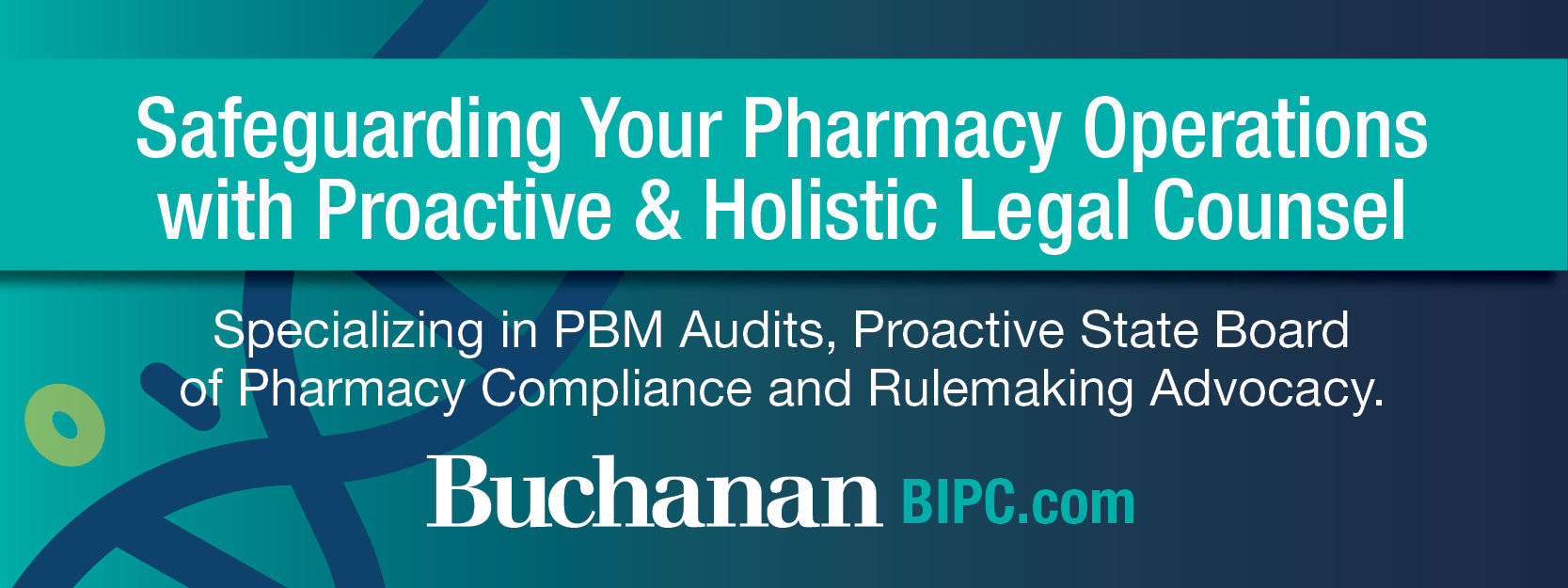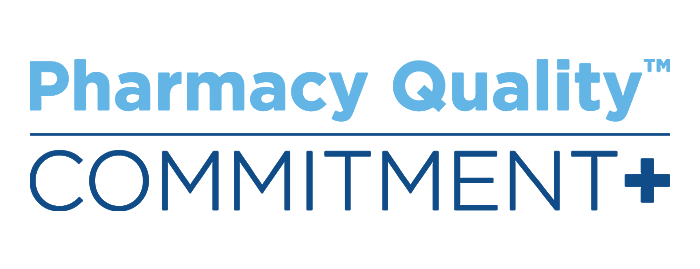Complete Story
Tech Background Checks, Bioterrorism, DME Bill, Medicare Surety Rule, E-Prescribing
March Legislative Update
Pharmacy Technician Criminal Background Checks
Although we are awaiting promulgation of rules for the new pharmacy technician law, there is one piece of the new law that will go into effect on April 8, 2009. The new law requires all qualified pharmacy technicians, who have not worked for you for more than five years, to successfully (no felony convictions) pass a criminal records check. The check must be done through a WebCheck provider and consist of both BCI criminal records check and an FBI criminal records check. The Board of Pharmacy is currently working on writing rules for this, and OPA will keep you posted on the details.
All 88 county sheriffs' offices are WebCheck (BCI & FBI) providers, even if they are not listed on the WebCheck Community Listing. If you select an agency other than a sheriff's office, make sure that it has "(BCI & FBI)" listed after the name. Contact the WebCheck (BCI & FBI) provider agency to determine the total fee(s) and the accepted method(s) of payment. Fees include: BCI/$22 plus FBI/$24, and some agencies may charge a processing fee (e.g., $5 to $40). Also, verify if any additional materials are needed (e.g., photo ID). Note, some agencies have restricted hours and may require you to schedule an appointment.
Below is a link to the Attorney General's website that will give you phone listings for WebCheck providers in all 88 counties.
http://www.ag.state.oh.us/business/fingerprint/data/index.asp
How Will the New Pharmacy Technician Law Affect Your Pharmacy? The Board of Pharmacy has provided information clarifying how the new pharmacy technicians law will affect technicians you currently employ, as well as technicians you hire after the effective date of the law. For more information use the links below:
http://pharmacy.ohio.gov/Tech-bill-summary-for-current-technicians-012109.pdf
http://pharmacy.ohio.gov/Tech-bill-summary-for-new-technicians-012109.pdf
Bioterrorism and Your Pharmacy
Are you aware that your pharmacy should be alert to medication trends that may signify a bioterrorism event? HB 6, the bioterrorism bill which became effective in February of 2004, requires a pharmacy or pharmacist to report, to the Ohio Department of Health, significant changes in medication usage that may be caused by bioterrorism, epidemic, pandemic disease, infectious agents or biological toxins posing a risk of human fatality or disability. Events that the rules require reporting include the following:
(1) An unexpected increase in the number of prescriptions for antibiotics;
(2) An unexpected increase in the number of prescriptions for medication to treat fever or respiratory or gastrointestinal complaints;
(3) An unexpected increase in sales of, or the number of requests for information on, over-the-counter medication to treat fever or respiratory or gastrointestinal complaints;
(4) Any prescription for medication used to treat a disease that is relatively uncommon and may have been caused by bioterrorism.
Bill Introduced to Exempt Pharmacists from DME Accreditation
Reps. Berry (D-AR) and Moran (R-KS) have introduced H.R. 616, a federal bill which addresses the Centers for Medicare and Medicaid Services (CMS) Medicare Part B durable medical equipment, prosthetics, orthotics and supplies (DMEPOS) accreditation requirements. Specifically, the bill would add pharmacists and pharmacies to the list of health care providers that CMS could exempt from meeting the September 30, 2009 accreditation deadline. For information on how to contact your Congressman about supporting this bill, go to the OPA Legislative Page.
Withdrawal of Medicare Surety Bond Rule Sought
The National Community Pharmacists Association, the National Association of Chain Drug Stores, and the Food Marketing Institute recently wrote CMS urging withdrawal of a rule requiring $50,000 surety bonds for state-licensed pharmacy suppliers of durable medical equipment, prosthetics, orthotics, and supplies (DMEPOS).
The groups said the "recently finalized regulation creates costly, onerous requirements for community pharmacies, and jeopardizes patients' access to necessary health care products and services." The bond rule, required for each pharmacy location supplying DMEPOS, was issued to address fraud and abuse and to create a pool of funds for recovery of erroneous payments. The usual charge for a bond is about $2,000 annually.
"According to CMS, over 25,000 DMEPOS suppliers currently enrolled in the Medicare program will stop participating due, in part, to the cost of the surety bond," the groups said. "While we believe this estimate is very low, even this figure likely includes many pharmacies that would be unable to withstand the high surety bond costs, forcing many chronically ill patients to forego their doctor's recommendations."
Is Your License at Risk?
The OPA E-Prescribing Task Force is very concerned about an increasing number of pharmacists who have encountered problems with e-prescribing. These problems include: the wrong drug transmitted; sigs and drugs truncated (cut off, not complete); wrong sigs coming through; physicians using the "comments" section to put the sig they really want while leaving the prepopulated sig on the prescription; wrong strength, etc. The State Board of Pharmacy needs examples of problems, so they can get to the cause. You can mail or fax examples to: Ohio State Board of Pharmacy, 77 South High Street, Room 1702, Columbus, OH 43215-6126,
Attention: Bill Winsley, R.Ph., Executive Director,
Telephone: 614.466.4143; Fax: 614.752.4836.




